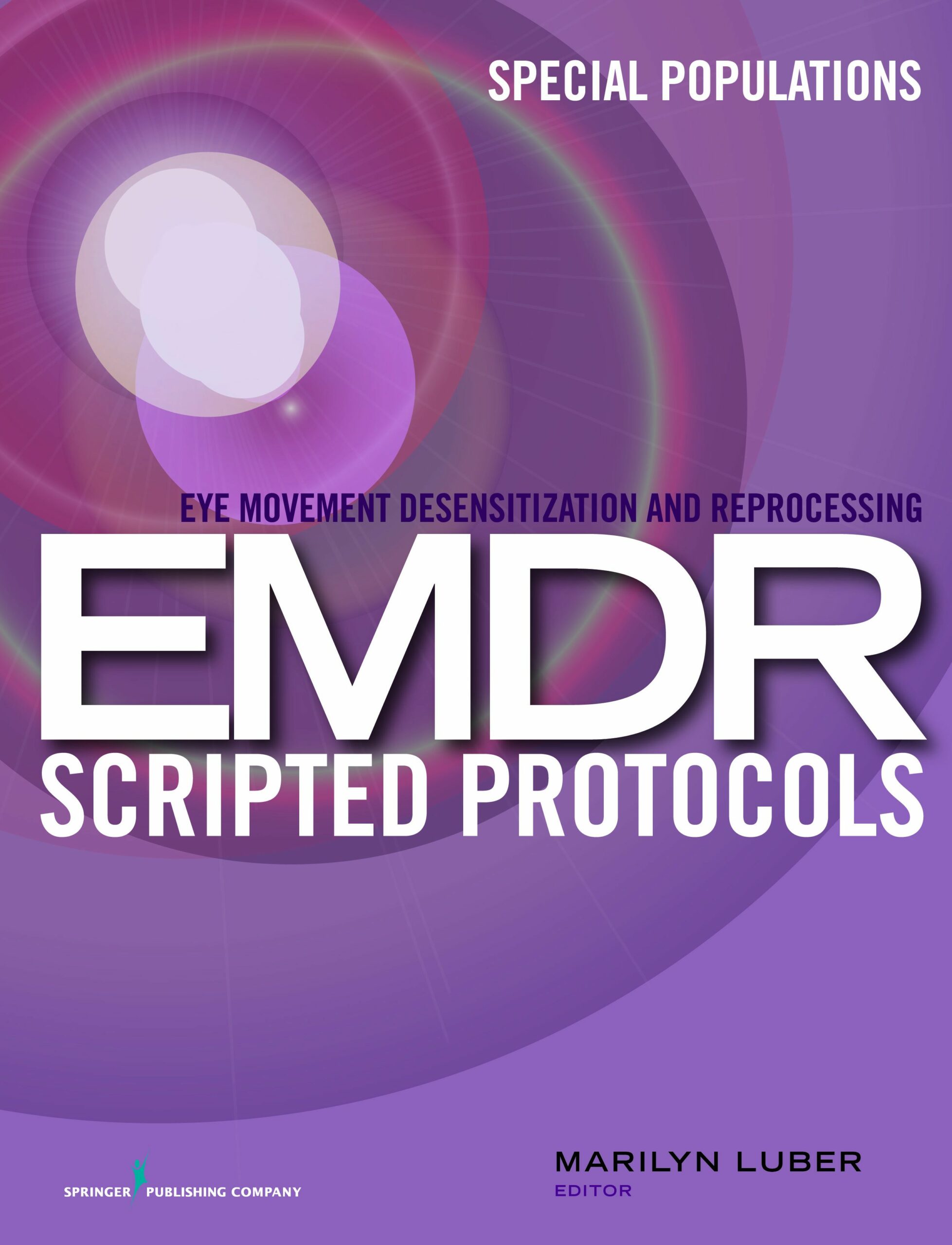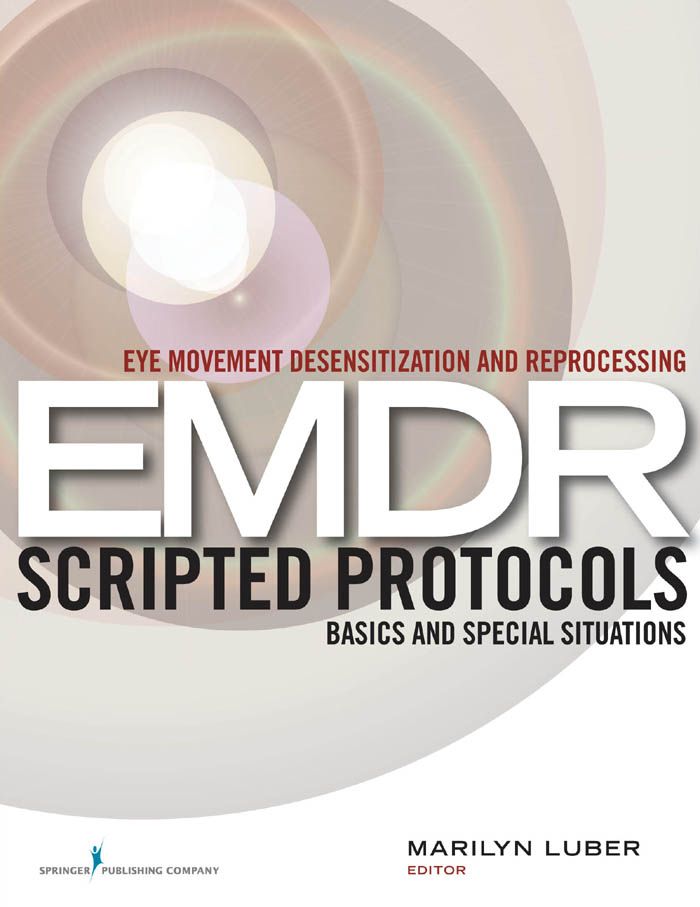Chapter eighteen – The neuroscientific basis of post-traumatic stress disorder (PTSD): From brain to treatment
This chapter explores the pathophysiology of PTSD, focusing on its underlying mechanisms, associated risk factors, and high-risk populations. EMDR therapy, among other interventions, is reviewed for its effectiveness in symptom management.
Chapter Abstract
“Post-traumatic stress disorder (PTSD) is a debilitating mental health condition resulting from exposure to traumatic events, marked by persistent psychological distress and impairment in daily functioning. Risk factors for PTSD include genetic predispositions, neurobiological factors, as well as psychosocial and environmental influences. Specific demographic groups, such as veterans, first responders, and individuals in high-risk environments, are more susceptible to developing the disorder. Despite growing research, there remain gaps in understanding the full pathophysiology of PTSD, and existing diagnostic methods and treatments are not universally effective, contributing to a significant public health burden. This chapter explores the pathophysiology of PTSD, focusing on its underlying mechanisms, associated risk factors, and high-risk populations. Biological biomarkers such as neuroimaging findings, hormonal imbalances, genetic predispositions, and physiological indicators are discussed in the context of their role in PTSD diagnosis and understanding. Both pharmacological treatments and non-pharmacological interventions, including Cognitive Behavioral Therapy (CBT), Eye Movement Desensitization and Reprocessing (EMDR), and mindfulness-based techniques, are reviewed for their effectiveness in symptom management. Further research is essential to advance individualized diagnostic techniques and optimize treatment strategies, ensuring more personalized care for PTSD patients.”
—Description from publisher
Chapter Access
Purchase Required
Agbaria, L., Mirzaei, F., A’amar, N. O., Raba, F. T., Papazian, G., Bhatnagar, K., Sirimanne, N., Ayoubkhan, A. A., Thilagendra, A. G., & Gupta, A. (2025). Chapter eighteen – The neuroscientific basis of post-traumatic stress disorder (PTSD): From brain to treatment. In N. Moradikor & C. Orish (Eds.), Progress in Brain Research. Volume 291: Stress and the Brain: Evidence from Molecular Mechanisms to Interventions and Therapies. (pp. 427-468). Elsevier B. V. https://doi.org/10.1016/bs.pbr.2025.01.009
ISBN: 978-0-443-34425-1
ISSN: 0079-6123
—Description from publisher
Date
April 11, 2025
Creator(s)
Lila Agbaria, Foad Mirzaei, Nathalie Omar A’amar
Contributor(s)
Farah Tawfiq Raba, Garbis Papazian, Khushbu Bhatnagar, Nethmini Sirimanne, Aaqil Ahamed Ayoubkhan, Albankha Gerald Thilagendra, Anushka Gupta
Topics
PTSD
Practice & Methods
Neurobiology
Extent
41 pages
Publisher
Elsevier B. V.
Rights
Copyright © 2025 Elsevier B.V.
APA Citation
Agbaria, L., Mirzaei, F., A'amar, N. O., Raba, F. T., Papazian, G., Bhatnagar, K., Sirimanne, N., Ayoubkhan, A. A., Thilagendra, A. G., & Gupta, A. (2025). Chapter eighteen - The neuroscientific basis of post-traumatic stress disorder (PTSD): From brain to treatment. In N. Moradikor & C. Orish (Eds.), Progress in Brain Research. Volume 291: Stress and the Brain: Evidence from Molecular Mechanisms to Interventions and Therapies. (pp. 427-468). Elsevier B. V. https://doi.org/10.1016/bs.pbr.2025.01.009
Audience
EMDR Therapists, Other Mental Health Professionals
Language
English
Content Type
Chapter
Access Type
External Resource





